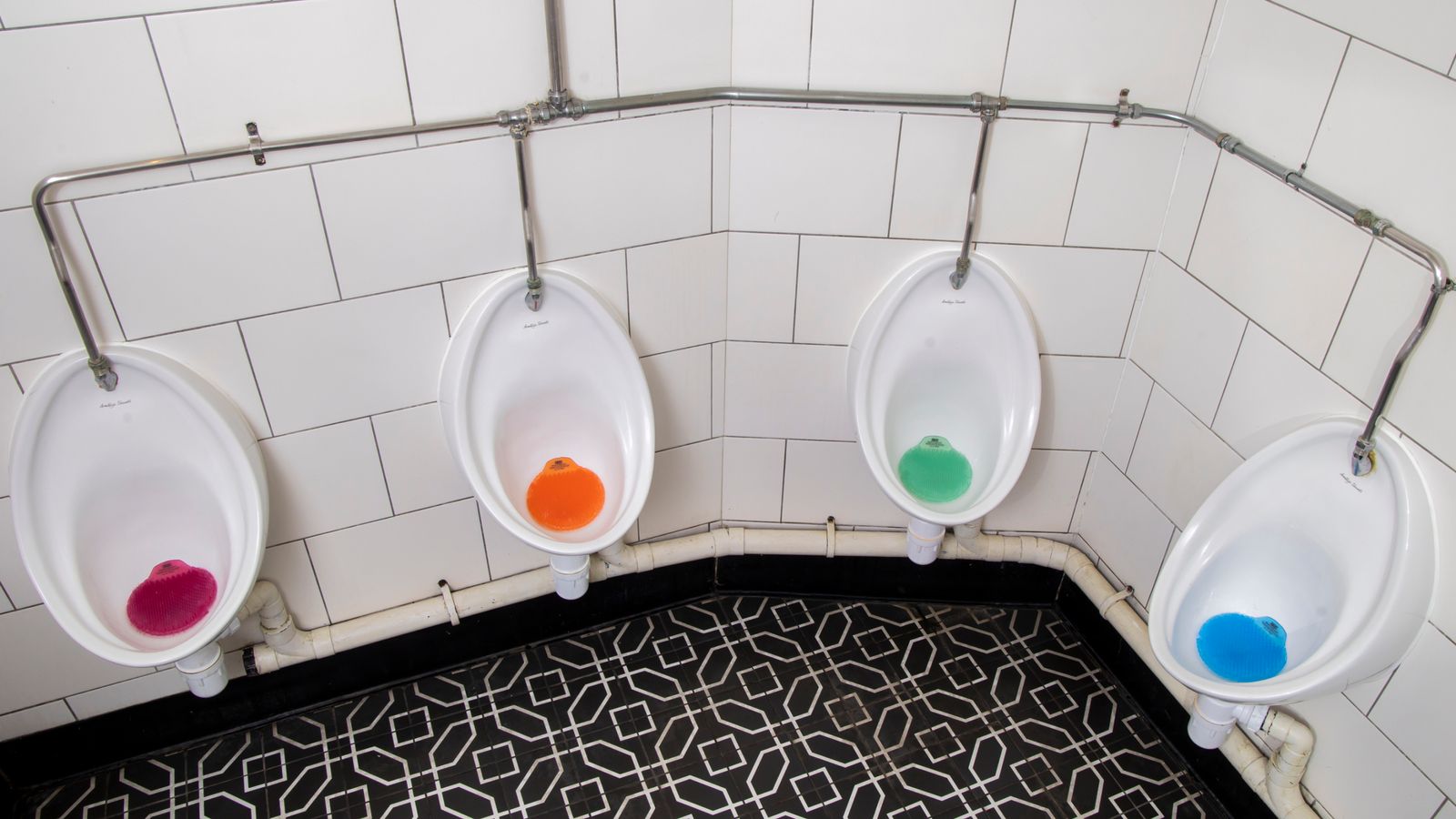NHS to Fund Stem Cell Transplants for Severe Blood Disorder

Patients grappling with severe inherited blood disorders, such as thalassaemia, can now benefit from NHS-funded stem cell transplants that have the potential to cure the condition, alleviating the need for lifelong blood transfusions.
Thalassaemia, a rare disorder impacting haemoglobin production, necessitates frequent blood transfusions every two to four weeks, significantly affecting patients’ quality of life.
In a groundbreaking move, the NHS will finance curative stem cell transplants for adult thalassaemia patients for the first time, as outlined in new guidance.
The procedure, known as allogeneic haematopoietic stem cell transplant (Allo-HSCT), entails replacing a patient’s bone marrow stem cells with those from a compatible sibling donor.
Administered through intravenous infusion, this process aids in restoring healthy blood cell production.
Formerly restricted to children due to potential complications among adults, recent advancements in transplant treatments, including improved medications for pre, during, and post-transplantation care, have prompted NHS England’s Clinical Priorities Advisory Group to recommend extending this treatment to eligible thalassaemia patients aged 18 and above.
It is estimated that over 600 adults in the UK with transfusion-dependent thalassaemia, a severe form of the condition, could be eligible for this stem cell transplant.
Overall, the National Haemoglobinopathy Registry in the UK reports 2,281 individuals with thalassaemia, including 1,332 aged 18 and over.
Thalassaemia is more prevalent among specific ethnic communities in the UK, and providing access to this treatment aims to address health inequalities within these populations.
Professor Sir Stephen Powis, NHS England Medical Director, expressed optimism about the transformative impact of this curative treatment: “Expanding the availability of stem cell transplants to adults living with thalassaemia is another vital step forward to help change the lives of those living with this deeply debilitating condition.”
Sonal Mistry, diagnosed with thalassaemia as a baby and cured through a stem cell transplant in 1991, shared her positive experience: “I haven’t been on any medication since I was 15 years old… Today’s news is really exciting, and I hope that for adults offered transplants, it will be life changing for them, like it was for me.”
Kirthana Balachandran, a 20-year-old medical student still requiring blood transfusions, emphasised the potential life-changing impact of this treatment: “With today’s news, if we were able to find a donor, that would be an amazing possibility, as it could really change my life… It’s amazing that they’ve made this treatment option available for adults because it means we can still have a chance of finding a donor, even at an older age.”
Romaine Maharaj, UK Thalassaemia Society Executive Director, hailed the approval of Allo-HSCT for adults as a monumental win for thalassaemia, providing hope to those with donor matches who were previously excluded from curative options.
Earlier this year, the NHS pioneered blood group genotyping for thalassaemia and sickle cell disease, enhancing precision in matching donated blood to patients’ needs and reducing risks associated with transfusions.

